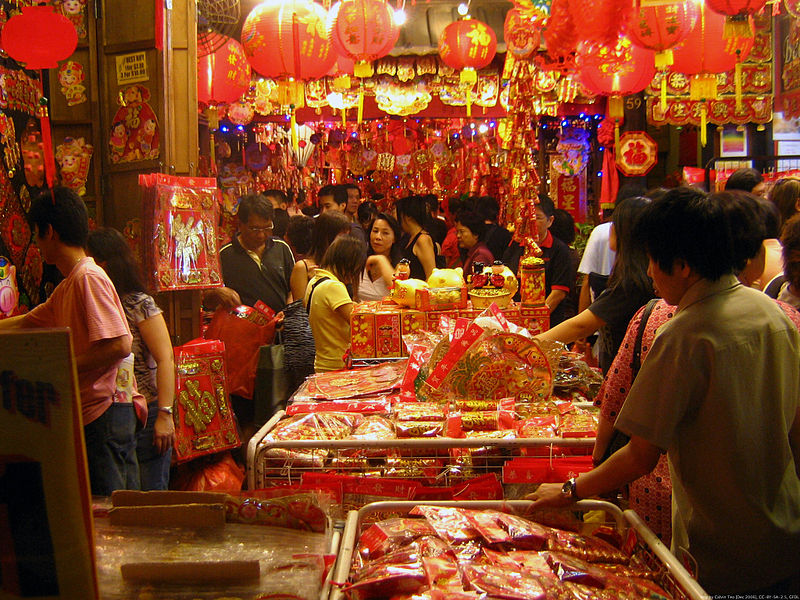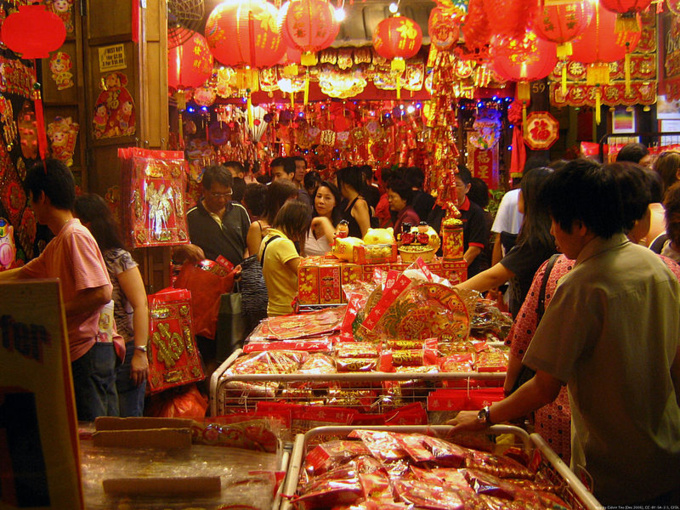On Tuesday, the Commission on Reforms and Development of China published a full list of industries where activities of both local and foreign investors are restricted. Earlier, a similar list was released for only four regions, where special economic zones are located. Later, it was extended to another 11 provinces. Sectors that are not on the list will fall under the same regulatory principles for domestic and foreign companies, said Head of economic reforms. As a matter of fact, this is about implementing the principle “everything that is not prohibited is allowed”. At the same time, regional authorities and individual departments are prohibited from issuing their own lists without approval of the State Council.
Only four of the 151 sectors indicated in the document are banned completely, but two of them contain references to broader lists (such as decrees of the central office). In addition, the document prohibits illegal Internet activities (for example, sale of drugs online) and financial services (in particular, their provision via the Internet). Other cases require a license or foreign trade is restricted. There are ten such lists in total, from the agricultural sector, mining, utilities to IT and media (including restrictions on the amount of private investment) and finance (for example, top managers of financial institutions cannot hold these positions without qualification approval; approval is also required for placement securities on the market).
The production list mainly distributes special conditions across the food sector, energy (in particular, nuclear), ship and aircraft industry (including the space industry), railway transport and infrastructure maintenance, telecom (including equipment imports), security systems using cryptographic technologies, construction of chemical plants, operations with weapons and explosives, production and import of cosmetics, production of pharmaceuticals and medical equipment, car recycling.
Along with selective reduction in import duties (in particular, on cars), the measure should leverage access for foreign investors, simplifying regulation for them. The current list, however, does not cancel another list concerning companies with foreign capital: in its latest version the number of sectors with restrictions has decreased from 63 to 48. However, in the context of trade disputes with the US and the expected slowdown in China, these measures may turn out to be not enough to increase the inflow of investments. Judging by results of the central meeting on economic work held in December, Beijing does not count on this, preferring to support the economy with an increase in lending volumes and fiscal incentives (including tax cuts).
source: xinhuanet.com
Only four of the 151 sectors indicated in the document are banned completely, but two of them contain references to broader lists (such as decrees of the central office). In addition, the document prohibits illegal Internet activities (for example, sale of drugs online) and financial services (in particular, their provision via the Internet). Other cases require a license or foreign trade is restricted. There are ten such lists in total, from the agricultural sector, mining, utilities to IT and media (including restrictions on the amount of private investment) and finance (for example, top managers of financial institutions cannot hold these positions without qualification approval; approval is also required for placement securities on the market).
The production list mainly distributes special conditions across the food sector, energy (in particular, nuclear), ship and aircraft industry (including the space industry), railway transport and infrastructure maintenance, telecom (including equipment imports), security systems using cryptographic technologies, construction of chemical plants, operations with weapons and explosives, production and import of cosmetics, production of pharmaceuticals and medical equipment, car recycling.
Along with selective reduction in import duties (in particular, on cars), the measure should leverage access for foreign investors, simplifying regulation for them. The current list, however, does not cancel another list concerning companies with foreign capital: in its latest version the number of sectors with restrictions has decreased from 63 to 48. However, in the context of trade disputes with the US and the expected slowdown in China, these measures may turn out to be not enough to increase the inflow of investments. Judging by results of the central meeting on economic work held in December, Beijing does not count on this, preferring to support the economy with an increase in lending volumes and fiscal incentives (including tax cuts).
source: xinhuanet.com



















